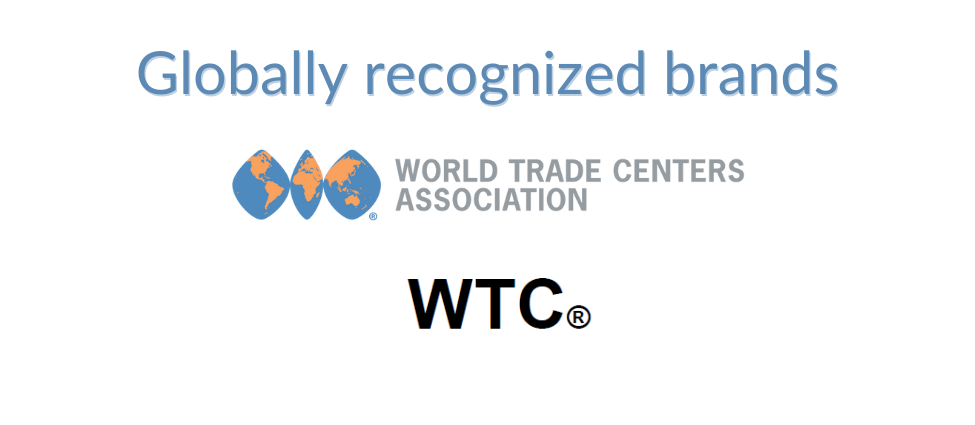
Waste Management - An Emerging Sector in India

MUMBAI, INDIA - A workshop on Hazardous Waste Management Challenges, Prospects and Strategies was organized by PHD Chamber of Commerce and Industry in association with All India Association of Industries (AIAI), and supported by the Ministry of Environment, Forest and Climate Change, Government of India and World Trade Centre (WTC) Mumbai.
Mr. Nandkumar Namdev Gurav, Regional Officer, Technical, MPCB, while addressing the workshop said, “The primary responsibility of the generator of hazardous waste is to prevent the generation of the same. If one cannot prevent the generation, the generator must at least minimize hazardous waste. If minimization is also not possible, one must try to reuse and recycle the waste. Disposal of waste should be the last option when minimization, reuse and recycle are not possible. Maharashtra Pollution Control Board (MPCB) is willing to work with industry for effective implementation of The Hazardous and Other Wastes Rules 2016”. The event was sponsored by India’s leading waste management firm Geocycle Indiaon December 21, 2016.
Dr. N.J. Singh, Whole Time Director (EHS), DCM Shriram said that the new rules of 2016 aims to make India self-sufficient in hazardous waste management. The industry must take appropriate precautions in dumping and processing of hazardous waste.
Mr. Ulhas V. Parlikar, Deputy Head – Geocycle India informed the audience about co-processing which has emerged as a sustainable and viable business model for cement manufacturers in managing hazardous waste. Mr. Parlikar remarked that the rules of 2016 have shifted focus from the principle of disposal to that of sustainable management and utilization of hazardous waste. Generators of hazardous waste must respect the waste by recycling the same, instead of disposing it, he opined. He said India is moving towards a circular economy (which recycles waste) from a linear economy (which discards waste).
Mr. Vijay Kalantri, Vice Chairman, WTC Mumbai said, “Government must tackle the menace of hazardous waste through minimal legislation, effective implementation and frequent interaction with industry unlike the multiple waste management legislations which kill the spirit of entrepreneurs. There is huge business opportunity in this sector as there are around 13.5 million industrial units who handle hazardous waste in the country. The amount spent by the industry on management of hazardous waste must be considered under the mandatory CSR spending. Industry can spend this amount through pollution control boards. The local bodies must work in co-ordination with industry bodies for sustainable hazardous waste management.”
The session was followed by a field visit to the hazardous waste management plant of Mumbai Waste Management Ltd at MIDC, Taloja, Navi Mumbai.
In Photo (L-R): Mr. Vijay Kalantri, Mr. Nandkumar Namdev Gurav and Dr. N.J. Singh.
